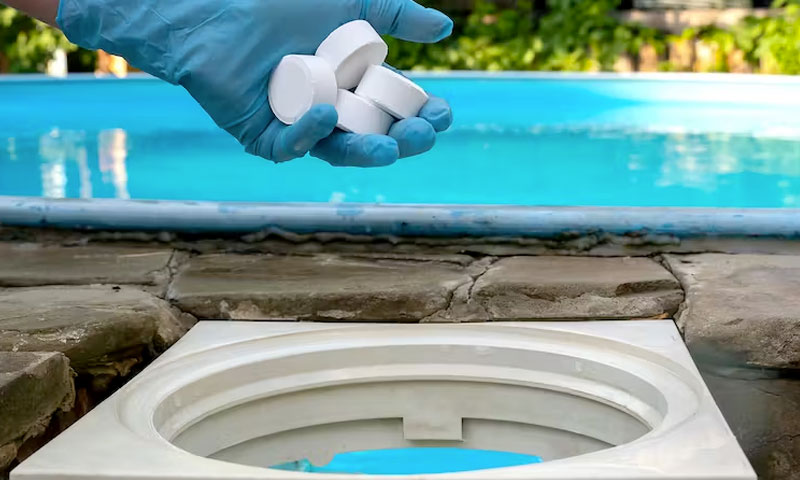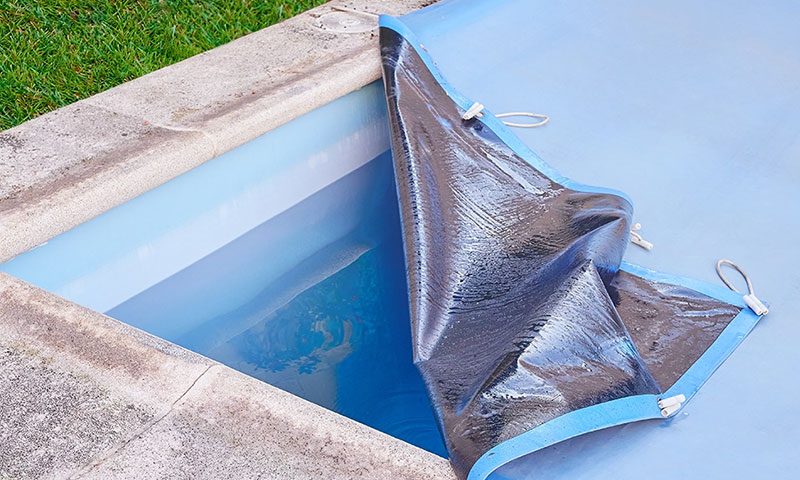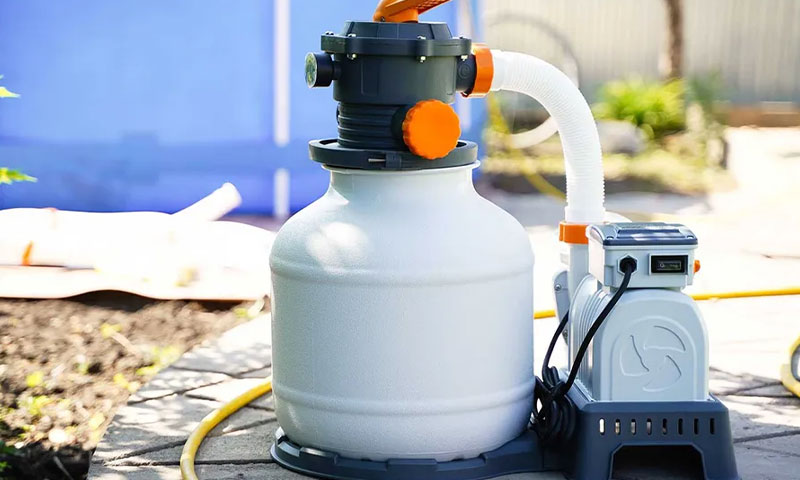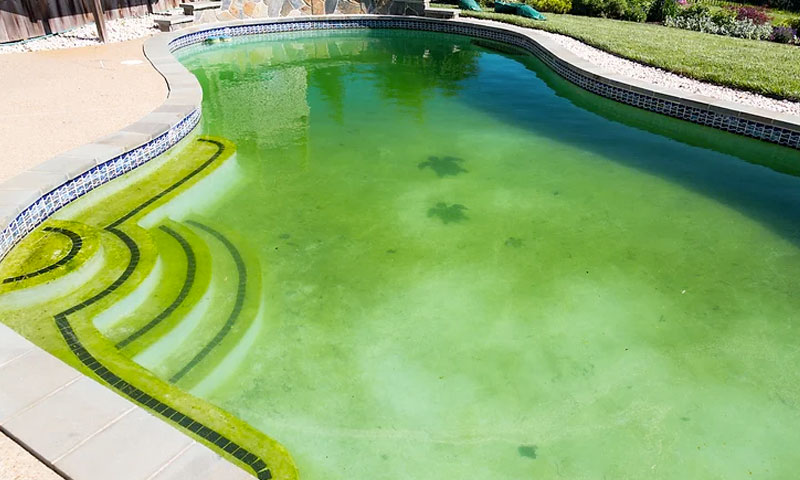
Lighting Up Your Pool: A Guide to Pool and Spa Lights
October 31, 2023
Brushing and Backwashing: Key Steps in Pool Maintenance
October 31, 2023BF POOL SERVICES
Saltwater pools have gained popularity in recent years as an alternative to traditional chlorine-treated pools. Converting your pool to a saltwater system can offer several advantages, but it's essential to weigh the benefits against the considerations to determine if it's the right choice for you. In this discussion, we will explore the advantages and key considerations of converting a pool to a saltwater system.
Advantages of Saltwater Pool Conversion
- Softer Water: Saltwater pools use a saline solution to generate chlorine, resulting in water that is gentler on the skin and eyes compared to the harsh chemicals in traditional chlorine pools. Swimmers often find the experience more comfortable and less irritating.
- Reduced Chlorine Handling: With a saltwater pool, you don't need to handle and store chlorine chemicals, which can be hazardous and require careful storage. This can simplify pool maintenance and reduce the risks associated with handling chemicals.
- Lower Chlorine Odor: Saltwater pools produce chlorine in a continuous and steady manner. This helps reduce the strong chlorine smell commonly associated with traditional pools, providing a more pleasant poolside atmosphere.
- Lower Long-Term Costs: While the initial cost of converting to a saltwater system may be higher due to the installation of a salt chlorine generator, the long-term maintenance costs can be lower because you won't need to purchase as many chlorine chemicals.
- Constant Chlorine Production: Saltwater systems continuously generate chlorine, ensuring a consistent and appropriate chlorine level in the pool. This minimizes the need for manual testing and adjustments.
Key Considerations for Saltwater Pool Conversion
- Initial Cost: Converting a pool to a saltwater system involves an upfront cost for the salt chlorine generator and installation. It's essential to budget for this expense and weigh it against the long-term savings.
- Maintenance and Repairs: While saltwater pools generally require less maintenance, the salt chlorine generator and other components may need occasional servicing or replacement. It's important to factor in these potential maintenance costs.
- Corrosion and Wear: Saltwater can be corrosive over time and may affect pool equipment and surfaces. Ensure your pool and equipment are designed to withstand the effects of saltwater, or be prepared for potential repairs and replacements.
- Water Balance: Maintaining the proper water chemistry in a saltwater pool is essential to prevent scale buildup and corrosion. You may need to adjust pH, alkalinity, and calcium hardness levels more frequently than with traditional chlorine pools.
- Environmental Impact: Some argue that the environmental impact of saltwater pools is higher due to the energy consumption of salt chlorine generators. Traditional chlorine pools can use fewer resources if managed properly.
Converting your pool to a saltwater system can be a great choice if you value softer water, reduced chlorine handling, and lower long-term costs. However, it's essential to consider the initial cost, maintenance requirements, potential corrosion, and environmental factors. Ultimately, the decision to convert your pool to a saltwater system should align with your preferences, budget, and long-term goals for pool ownership







